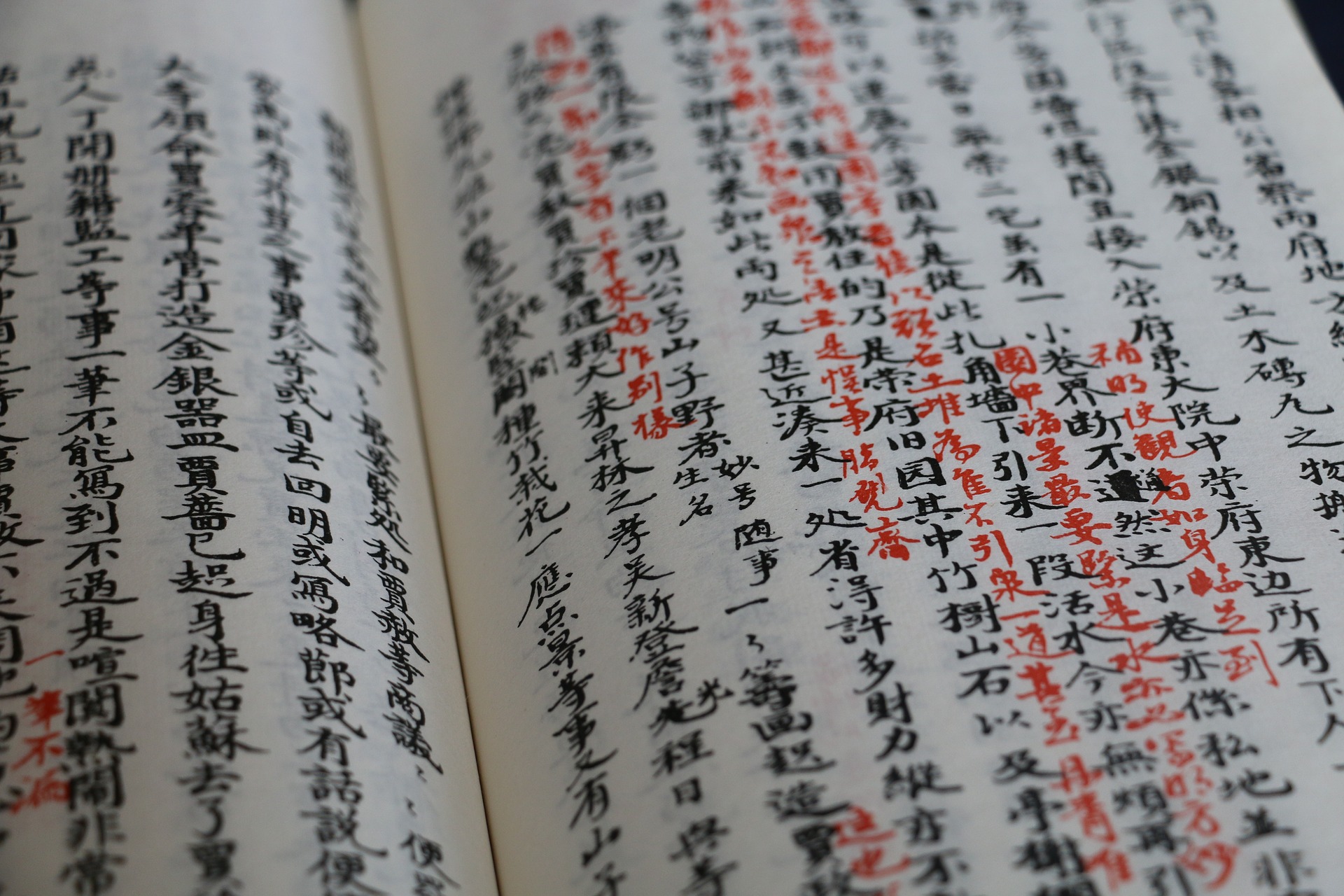Published by: Xiaoma 23/09/21
Why You Shouldn’t Compare Yourself to Other People When Learning a Language
I teach Mandarin classes online and every so often I’ll get a student who wonders “I’m not progressing as fast as the others” or “I just can’t seem to wrap my head around this language, it’s just too damn hard!” You’ve probably had these thoughts at some point. I know I have.
I realized the problem with this mindset recently at, of all places, CrossFit. CrossFit is a group workout program that’s notorious for being ridiculously intense. I love doing it but here’s the thing: I suck at it. And when I first started doing CrossFit this would frustrate me. Why am I not as good as everyone else? But the more I worked at it and the more that I improved the more I became impressed by how much better I was than when I first started. I would compare my times at doing certain workouts or lifting certain weights or speed on a run and notice these huge improvements and think to myself, wow, I’ve gotten a lot better!
I think this is the right way to think about learning a language. I’m not going to tell you talent doesn’t matter in CrossFit or language learning because it definitely does — some people simply have an easier time lifting weights or memorizing vocabulary. But if you’re always comparing yourself to yourself this doesn’t matter! Because what does matter is your own body and your own mind and what you can do with it.

Published by: Lindie Botes 16/05/18
I grew in confidence from 0 to 100 thanks to language learning
In high school, I was extremely shy and could only speak my home languages, Afrikaans and English, with some drops of French in between. I thought languages were simply school subjects which needed passing grades.
Once I discovered the joy that comes from interacting with people from new cultures and the benefits that learning new languages bring, I couldn’t stop! Gradually, I started self-studying over 10 languages to varying levels. With each language, I grew in confidence and honed in my methods. But this did not happen overnight.

It all started with Korean

Korean was the first foreign language I self-studied outside of French and Arabic at school. At first I thought “meh, I have nothing to lose” and sleepily went for the 8AM classes every Saturday.
After a few months of learning, some Korean friends of mine invited me to go to Korea with them for a month. This was my last year of high school and I was still my geeky, introverted self who preferred to stay at home. I took the plunge though, and wanted to explore this country that I had only ever encountered through its language (and a little bit of food that my teacher let us try).
Being in Korea with a basic Korean level was a challenge, but I soon fell in love with the culture, the people, the music, the liveliness of the cities and the serenity of the countryside. This, I knew, would be a place I want to return to, with a fluent level of speaking the next time I go. Since then, it has been almost 13 years since I started learning Korean.
Pushing myself to speak to people

I worked harder and harder to study Korean until I was at a conversational and upper beginner level. I remember how scared I was to say “hello” to the Korean shop owner down the road from us. I remember my very first conversation at a Korean bazaar where I thought “wow, I can actually understand everything without needing to translate in my head!”. These are special milestones for me that helped give me confidence.
With every situation like this, I slowly gained more and more confidence. After that, I started learning more languages and realized it’s possible to learn multiple languages at once. I started learning Japanese, then added on Mandarin Chinese, Vietnamese, Malay, Spanish and Hungarian to varying levels.
Published by: Steve Kaufmann 17/01/2023
How I learned Mandarin Chinese: My Top 3 Tips

Listen to Mandarin as Often as Possible
Start out by focusing on listening. Just get used to the sounds. You should read whatever you are listening to, but do so using a phonetic writing system, such as Pinyin, in order to get a better sense of what you are hearing. You will have to learn the characters eventually but you can leave the characters out at first, and instead, try to get a little momentum in the language.
My first introduction to Mandarin was listening to Chinese Dialogues, an intermediate text with no characters, just romanization, in this case the Yale version of romanization. In Chinese Dialogues, the narrator spoke so fast I thought he was torturing us. But it worked. After a month or so I was used to the speed and had a sense of the language.
Devote Time to Memorizing Characters

Once you decide to study Chinese characters, work at them every day. Devote half an hour to an hour a day just on learning characters. Use whatever method you want, but set aside dedicated character learning time every day. Why every day? Because you will forget the characters almost as quickly as you learn them, and therefore need to relearn them again and again.
You may want to use Anki or some other modern computer based learning system.
Read More than You Can Handle
Read a lot. If I learned faster than my fellow students 50 years ago, it is because I read everything I could get my hands on. I read much more than other students. I am not just talking about special texts for learners, but rather a wide range of material on subjects of interest to me. I was helped by the fact that the Yale-in-China had a great series of readers with glossaries for each chapter. We started with learner material using something called Chinese Dialogues, then graduated to a graded history text called 20 Lectures on Chinese Culture.


20 Lectures was a fascinating opportunity for me to learn about Chinese history and culture while learning the language. The book consisted only of texts and a glossary, no complicated explanations, no quizzes. When I look at some of the text books available today aimed at intermediate and even advanced learners, they are full of boring content about fictional people in China, somebody at university who met his friend or went to the barber or went skating, followed by explanations and drills. Not a good idea unless you are interested in these subjects.
I graduated from 20 Lectures on Chinese Culture to Intermediate Reader in Modern Chinese out of Cornell University. This was a reader with authentic texts from modern Chinese politics and history. Each lesson introduced patterns and kept drills and explanations to a minimum. Or maybe I just ignored them.
I built up my vocabulary using these readers with word lists and finally was able to read a book without vocabulary lists, just ignoring the characters and words that I did not know. After seven or eight months I read my first novel, Rickshaw Boy or 骆驼祥子, which is a famous novel of life in present day Beijing during the turbulent first half of the 20th century, written by Lao She.









